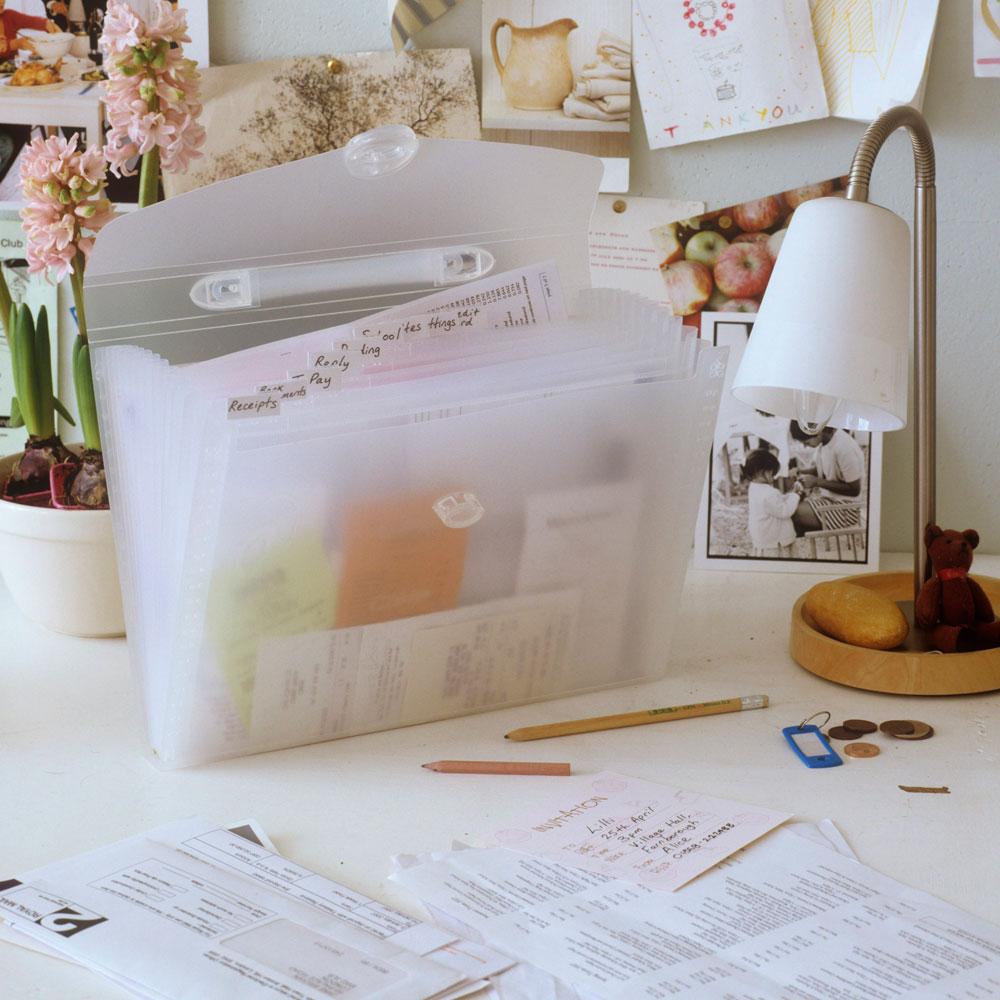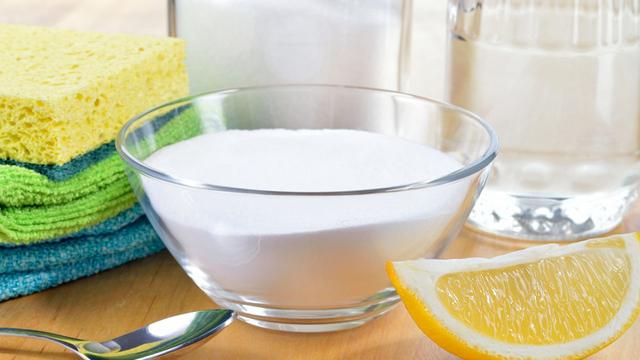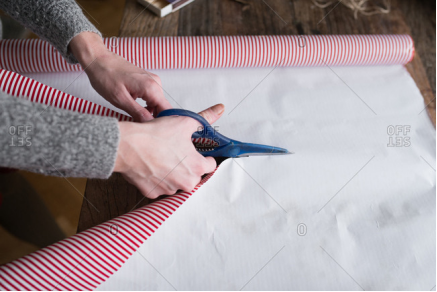Water bills explained – plus, should I get a water meter?
If asked, many of us would struggle to correctly identify what we are actually paying for when we receive our water bills. Whether it’s running a bath, flushing the toilet, putting on a load of washing in the machine or watering the garden – we may well identify that there is a cost associated with doing all those things. But are there additional charges other than the water we consume which might be included in our utility bills?
We often look for cheap gas and electricity deals so why accept water bills as a standard?
Water bills explained
Knowing how you’re charged by your water supplier and understanding your bill is crucial. So that you’re making sure you’re not using more water than you need and that you’re getting the best value and service from your supplier.
It can be tricky to know what ‘normal’ water usage is. And, what might be deemed to be excessive. Especially when you’re dealing with a resource which is so readily available in our kitchens and bathrooms – H2O is literally on tap.
Generally speaking the service that water companies undertake for you is to deliver fresh water to your property and take away waste water (or sewerage).
Image credit: Future Plc
The industry is regulated by OFWAT who make sure companies bill their customers fairly. Most customers, unless they’ve requested otherwise, should expect to receive a water bill every six months.
Jamie Presland from Thames Water explains how bills are calculated: ‘It depends on whether it is for a metered or unmetered supply. Roughly speaking, your bill is calculated on how much water you’ve used via meter readings. Or, what the average household of the same size and location uses in an unmetered estimate. This is then multiplied by a flat rate for water and wastewater and fixed charges for running costs.’
Andrew White, Senior Policy Manager at the Consumer Council for Water suggests ‘It’s important to take time to review your water bill and understand how you are being charged and what for.’
‘Most consumers now have a water meter,’ says Andrew. ‘These are installed in all new properties or where a homeowner has opted to have one fitted. They are also compulsory in some areas where water resources are more stretched.’
‘If you have a water meter, then the amount you pay is largely based on the amount of water that you use, along with standing charges to cover costs, such as reading meters and sending out bills, which don’t vary with usage.’
Andrew continues, ‘If you don’t have a meter, your bill is most likely to be based on the old ‘rateable value’ of your house, which also determines your council tax. Those values were frozen in 1990 and can’t be appealed. However, you do have the option to switch to a meter free of charge.’
How often you receive a bill will depend on whether your water is metered or not. Generally, metered customers should expect a bill (as mentioned) every six months.
Those without a meter installed have their water bills calculated using the rateable value figure given to their property. This is multiplied by the water company’s unmetered rate, which varies depending on where you live.
Who’s responsible for paying water bills?
As with other utilities, the person (or persons) who are the named account holders and appear on the bill will be responsible for making sure the bill is paid.
There are a number of reasons why you could receive a backdated bill. One such reason could be down to you falling behind with your bill payments.
Another could be that the property you’re in has become newly occupied, or has changed configuration or use – ie what was previously one large house has now been split into flats with more occupants than there once was.
Backdated water bills can also occur when the water company wasn’t previously aware of your property or have simply made a mistake and forgotten to bill you.
If you receive a backdated bill, you should in the first instance get in touch with the water company to discuss it. If the bill is the result of a mistake on the part of the water company, negotiate a way of paying back the amount owed as part of a reasonable payment plan.
Image credit: Future PLC/ Simon Whitmore
If you are a domestic customer (non-business), the water company cannot by law cut your water supply off if you don’t pay your bill. But just like any other unpaid debt, if you fail to pay the water bills, it will impact negatively on your credit score.
Water companies can also chase you for payment using a variety of methods. These include; contacting you by phone, referring you to a debt collection agency or, in some cases, taking you to court. In extreme cases, bailiffs could be ordered to your home.
If you’re looking for specific help with bill arrears and problems with paying your water bills, Citizens Advice has a section dedicated to this.
What should water bills cost?
The main factor that determines your water bill is the number of people in your household. The presumption being the greater the number of people, the more water is likely to be being used.
With a water meter, you can easily see how much water you are consuming and the direct effect that has on how much you pay. However, it’s a little trickier to gauge what you should be paying if your property is unmetered.
Using supplier Southern Water as an example, the assessed usage is based on the number of persons in the property.*
If you’re still confused, take a look at our guide to see what is the average water bill per monthto give you an idea of whether you’re paying too much.
‘If you’re looking at your bill and it’s significantly more than you would expect, then it’s time to have a good look at the breakdown of your bill and your water usage habits. It’s helpful to know what impact your various forms of water usage have to your bill’s total, he adds.’

‘Our average user consumes about 128 litres a day,’ says Simon Fluenty from Southern Water. ‘Based on the charge per litre for metered properties of £1.487 per cubic metre, that comes out as 1.5p a litre. An average bath is estimated at around 80 litres so that’s about £1.19 per bath.’
If your usage habits don’t realistically reflect your water consumption on your bill, then it’s time to check whether you have a leak. Leaks can occur both inside and outside a property.
One way of checking whether you have a leak problem is to turn off all the taps in your home, including the internal stop, and take a reading from your water meter. Then wait. You want to see if the water meter reading changes over time without you having used any water within your home.
The longer you can leave this, the better. If you’re heading out for the day, then that’s a good opportunity to leave everything off for a few hours and check on the levels upon your return. If the reading has gone up from when you turned it off, then you potentially have a leak.
You should get in touch with your supplier and they’ll talk you through the next steps. These might include a visit from the suppliers’ engineering and works team.
Image credit: Future Plc
Should I get a water meter?
‘Many customers find they can make big saving on their water bills by just switching to a meter,’ says Andrew from the Consumer Council for Water. ‘As a general rule, if you have more bedrooms in your house than people living there, then there’s a very good chance you will save money with a meter.’
‘If in doubt, take a look at our water meter calculator – it can help you identify if a meter is right for you and how much you might save based on the way you currently use water in your home,’ suggests Andrew.
‘In most cases, you even have up to two years to switch back to unmetered charges if you find you aren’t benefitting from the meter,’ he adds.
The location of your water meter depends on the age and location of your property. Recently built homes may have the water meter located under the kitchen sink or perhaps in a garage. More commonly though water meters are to be found outside, near to your property.
Check any path leading to your front door, your driveway or on the pavement for a small metal or plastic cover. These can typically be identified by having the name of your water supplier written on them or by being marked with the word ‘water’ (or just the letter ‘w’).
You might need a screwdriver or similar tool to open the cover. When you lift the lid or cover, you might find that there’s an inner protective layer made of polystyrene or foam rubber. It’s there to protect the meter from frost and debris. Remove this and you’ll find the meter below. But don’t forget to put this layer back once you’re finished taking your reading!
When reading the meter make sure that it is free of any dirt or water so that the digits are clearly visible. The display itself can be digital or mechanical. They both do the same thing – showing how much water you have used in cubic meters (m3).
For the purposes of your reading, you should only take note of the numbers before the decimal point (if you have a digital meter). If you have a mechanical meter you should only take note of the black digits – ignore the numbers coloured red.
You may want to take a photo of your meter on your phone at the time of taking a reading. The photo will have a date and time associated with it on your phone – which could be useful if you have a dispute and need to refer to it later. You can then submit your meter reading online via your account page or through a smartphone app.
The simplest way to pay your water bill is to set up a direct debit with your bank. However you can also choose to pay directly via your online account. Most major credit or debit cards are usually accepted.
Just log in to your account page where you can keep track of your usage, previous statements and payments. There will usually be a section called ‘Pay your bill’. Click on this and fill in your card details.
A smart water meter automatically tracks the amount of water you’re using in real time. This allows you to keep an eye on your consumption. It also allows you and the water supplier to monitor any leaks you might have at your property.
Water suppliers usually calculate bills on a six-monthly or yearly basis – with a smart meter you can see what your usage is at any one time via a portable display linked to the meter or via a smartphone app.
Image credit: Future Plc
Can I get help paying my water bills?
‘If you find yourself struggling to pay for your bills, you’re not alone,’ says Andrew. ‘One in ten customers in England and Wales considers their water bill to be unaffordable.’
When it comes to paying your bill, water companies must offer consumers a wide range of payment methods. ‘They also have schemes to help customers who find themselves struggling to afford their bills,’ continues Andrew. ‘This includes social tariff schemes which provide reduced bills to some households with low incomes.’
‘If you’re struggling to pay your bills,’ he adds, ‘help is available. Your water company will offer a range of support solutions. These can include payment matching schemes and payment plans to a special lower social tariff for low-income households. Some companies also have trust funds that can help customers clear their debts and start afresh.’
WaterSure is a scheme which helps people with their water bills, but there are a number of qualifying criteria. Top of the list is that you need to have a water meter fitted. You must also be on benefits and need to use a lot of water either for medical reasons or because your household has a certain number of school-age children.
If you get help through the WaterSure scheme, your water bill will be capped. This means you will not pay any more than the average metered bill for the area your water company deals with. A list of who qualifies can be found via Citizens Advice.
Application for the WaterSure is done through your water supplier. Head to your supplier’s website and look for the section that deals with getting help paying your bills. There, you should be guided through the steps and told which various pieces of documentation you’ll need to support your claim for assistance.
How can I reduce my water bills?
Reducing the amount of water you use will help you save money and reduce your costs on bills’, says Andrew from the Consumer Council for Water. ‘But, it’s also good for the environment. If you’re a metered customer, then using water more efficiently will cut your water bill. Even if you’re not metered, using hot water more wisely will help reduce your energy bills.’
Major savings can be made to water bills if adopt some simple changes. These might include the following:
You can improve your consumption even further by taking shorter showers. Jamie from Thames Water explains, ‘On average, a shower uses 10 litres of water a minute. That means a 10-minute shower can use 100 litres of water.’
‘If a family of four reduced their shower time by just one minute,’ he continues, ‘they could save as much as 11,600 litres of water a year, as well as saving £45 on their metered water bill and up to £52 on their energy bill.’
Fill your dishwasher and washing machine before switching them on, instead of doing more frequent half or less loads.
You don’t need to have water running unnecessarily when brushing your teeth. Get in the habit of leaving the tap off until you rinse. The same goes for washing dishes – use a basin filled with water instead of a constantly running tap.
‘A leaky loo can waste an average of around 400 litres of water a day,’ says Jamie from Thames Water. ‘That’s equal to five full bathtubs! Look out for a steady drip on the back of the toilet pan. Or, even use a piece of toilet paper to detect running water.’
Image credit: Grohe
‘Many water companies now offer free water-saving devices,’ says Andrew. ‘All you need to do is pick up the phone and ask your supplier to send you some. A water-saving shower head alone can cut the amount of water you use by about 30% per shower.
What to do if you have water supply problems – can I get compensation if my water is cut off?
Water companies have a legal obligation to follow certain standards. That includes interruptions to water supply and loss of pressure. If you experience an interruption due to a burst main water pipe, your water company has 12 hours after being made aware of the problem to reinstate the supply.
Should the issue relate to a strategic main pipe, they must sort the problem within 48 hours. If they don’t, you’re usually entitled to compensation of £20 for the first 24 hours. Then £10 for each subsequent 24 hour period where interruption continues. And if payment isn’t made within 20 days, you are entitled to a further £20.
Levels of standards do vary between companies. Some companies offer higher standards than the minimum requirements as set out by the water regulator OFWAT. Check with your own supplier’s website to see what their specific policies are regarding compensation for supply interruption.
*At time of publication.







